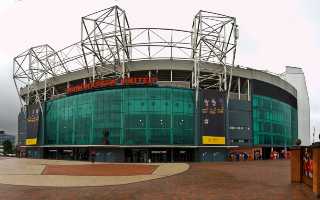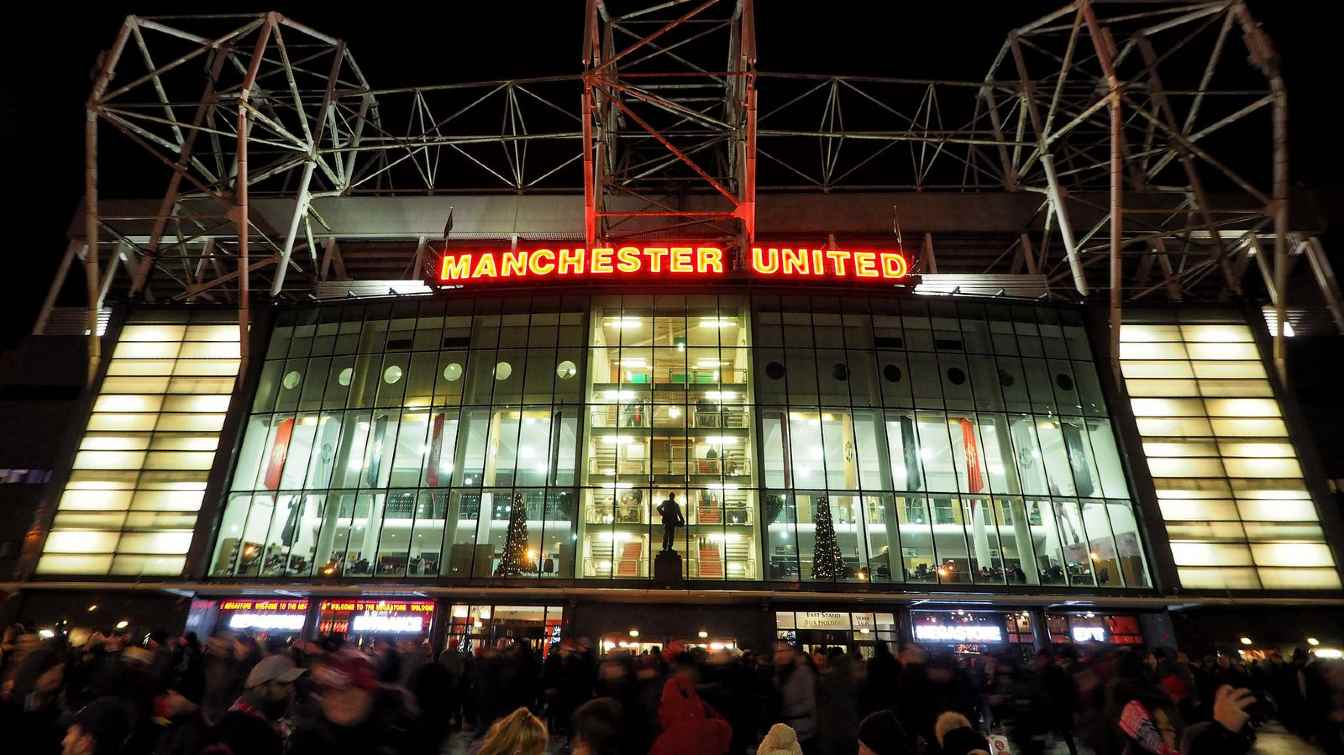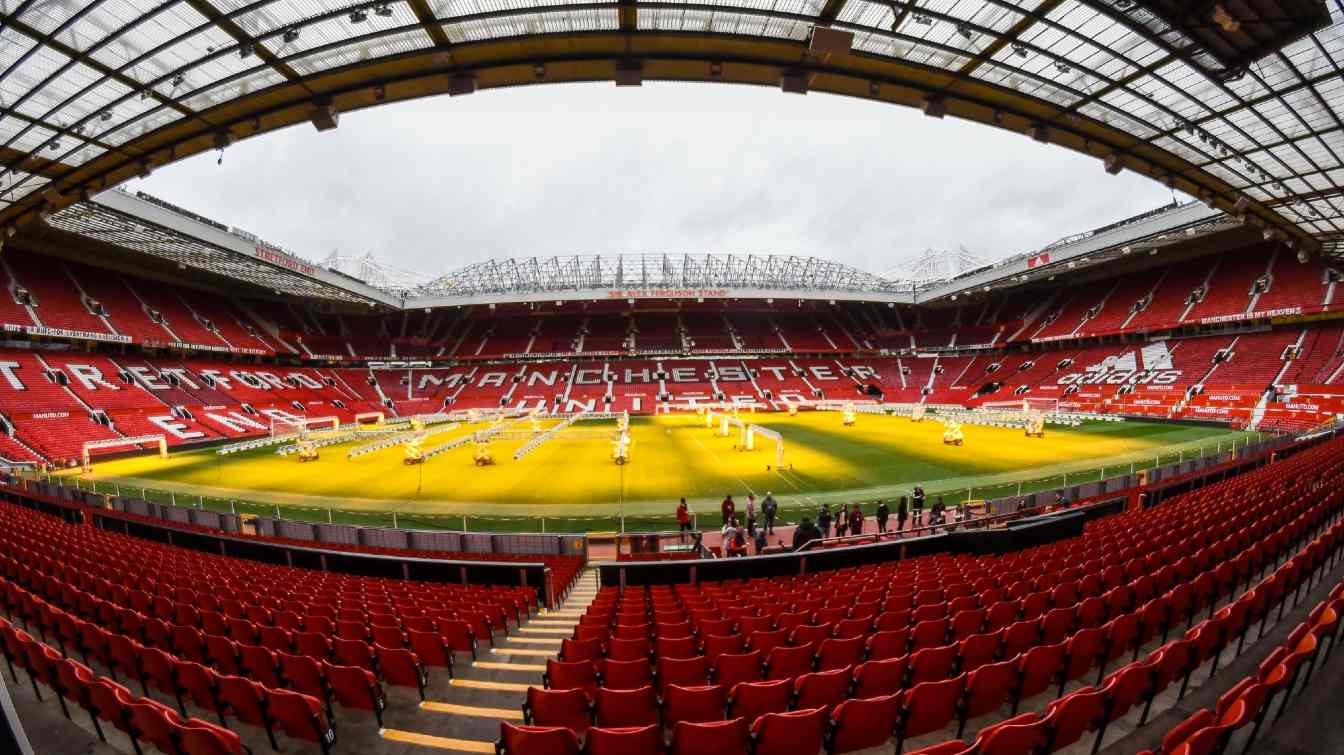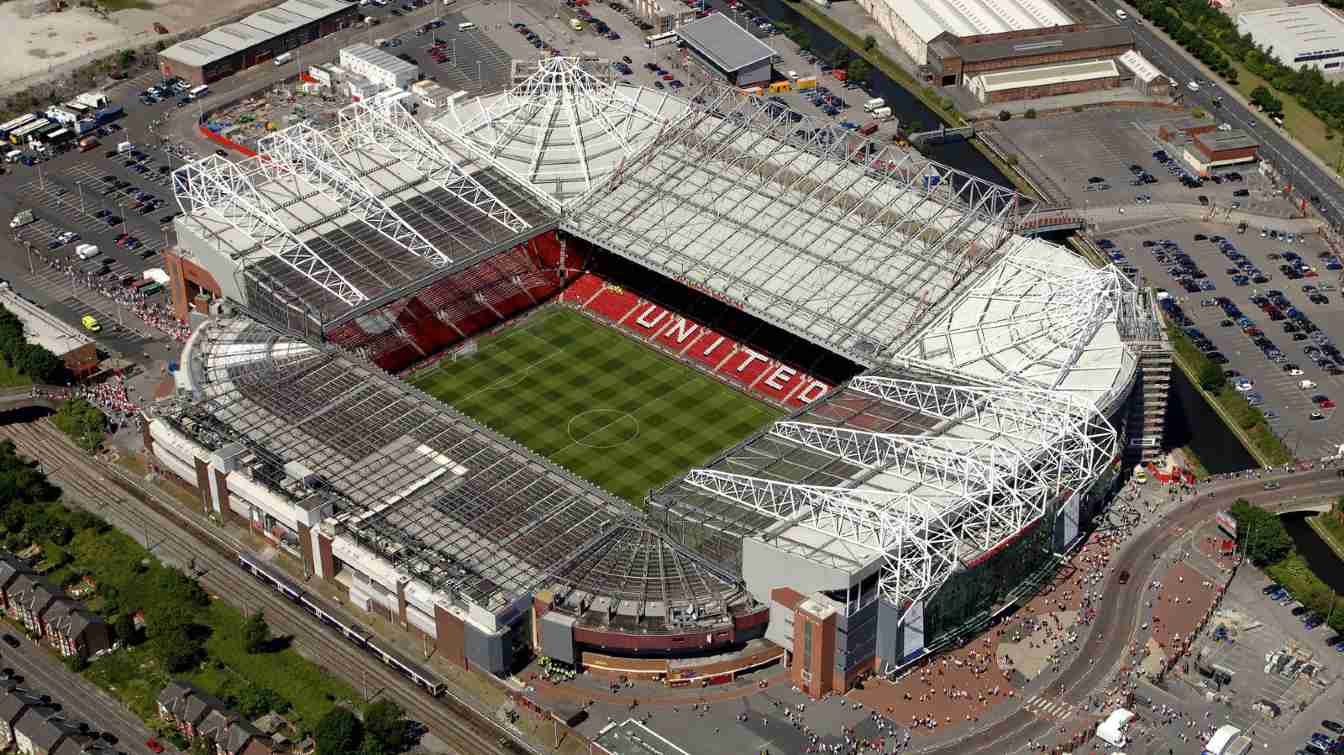England: Is it the end of Old Trafford?
source: StadiumDB.com; author: Paulina Skóra
 Manchester United is ready to abandon plans to preserve Old Trafford if a new £2 billion super stadium is built nearby. This summer, the club revealed plans to reduce the current arena’s size to preserve its historical character and create space for the women’s and youth teams.
Manchester United is ready to abandon plans to preserve Old Trafford if a new £2 billion super stadium is built nearby. This summer, the club revealed plans to reduce the current arena’s size to preserve its historical character and create space for the women’s and youth teams.
Advertisement
Exaggerated affection?
Mail Sport sources report that Manchester United now realizes that reducing Old Trafford’s capacity is unlikely because the project would be too complicated and would cost hundreds of millions of pounds. The Red Devils' management seems prepared to demolish the 114-year-old structure to realize plans for building the Wembley of the North.
United plans to form a special heritage group to ensure that Old Trafford’s historical elements are preserved if the stadium is demolished. Architects from Foster and Partners, who will be responsible for the redevelopment of the club’s grounds around the stadium, will need to find a way to integrate these elements into their design so the new stadium isn’t devoid of soul.
However, former United captain Gary Neville, a member of the task force led by Lord Coe overseeing the project, believes that the sentimental argument is overstated. None of the stands that were there when I first went in 1979 are still in the same condition,
Neville said in an interview with The Athletic. On September 20, Manchester sent out surveys to season ticket holders and club members to gather their opinions on the future of Old Trafford.
 © Markus Unger (cc: by)
© Markus Unger (cc: by)
Too big without Premier League
United’s management has also concluded that 30,000 seats are too many for the women’s and academy teams. The women’s team will start the WSL season against West Ham at Old Trafford on Saturday, but only one stand will be open due to low ticket sales. The club believes a better idea would be to build a 15,000-seat stadium, with capacity to expand as interest in the women’s team grows.
Avoiding more debt
It is assumed that United will follow Sir Jim Ratcliffe’s vision for a new stadium, though the option of renovating Old Trafford for £1 billion is still on the table. Finances and fan opinions will be two key factors in this matter. Ratcliffe acknowledges that public funds will likely only be allocated for the revitalization of the area around Old Trafford, not for building a new stadium. A United delegation, Greater Manchester Combined Authority, and Trafford Council will present their plans at the upcoming Labour and Conservative Party conferences.
Ratcliffe, who is investing £1.3 billion in United, is putting football first and fears going down the same path as clubs like Everton, which was penalized with a points deduction for breaching profit and sustainability rules while trying to finance their new stadium.
United reported a net loss of £113.2 million in its latest financial reports, bringing total losses over the last five years to £370 million. The club also has long-standing debt of £496.5 million, dating back to the Glazers' takeover in 2005. Manchester United is reluctant to increase its debt or pass the cost of building a new stadium onto the fans, so private funding will likely be key to realizing Ratcliffe's vision.
Advertisement
 StadiumDB
StadiumDB
